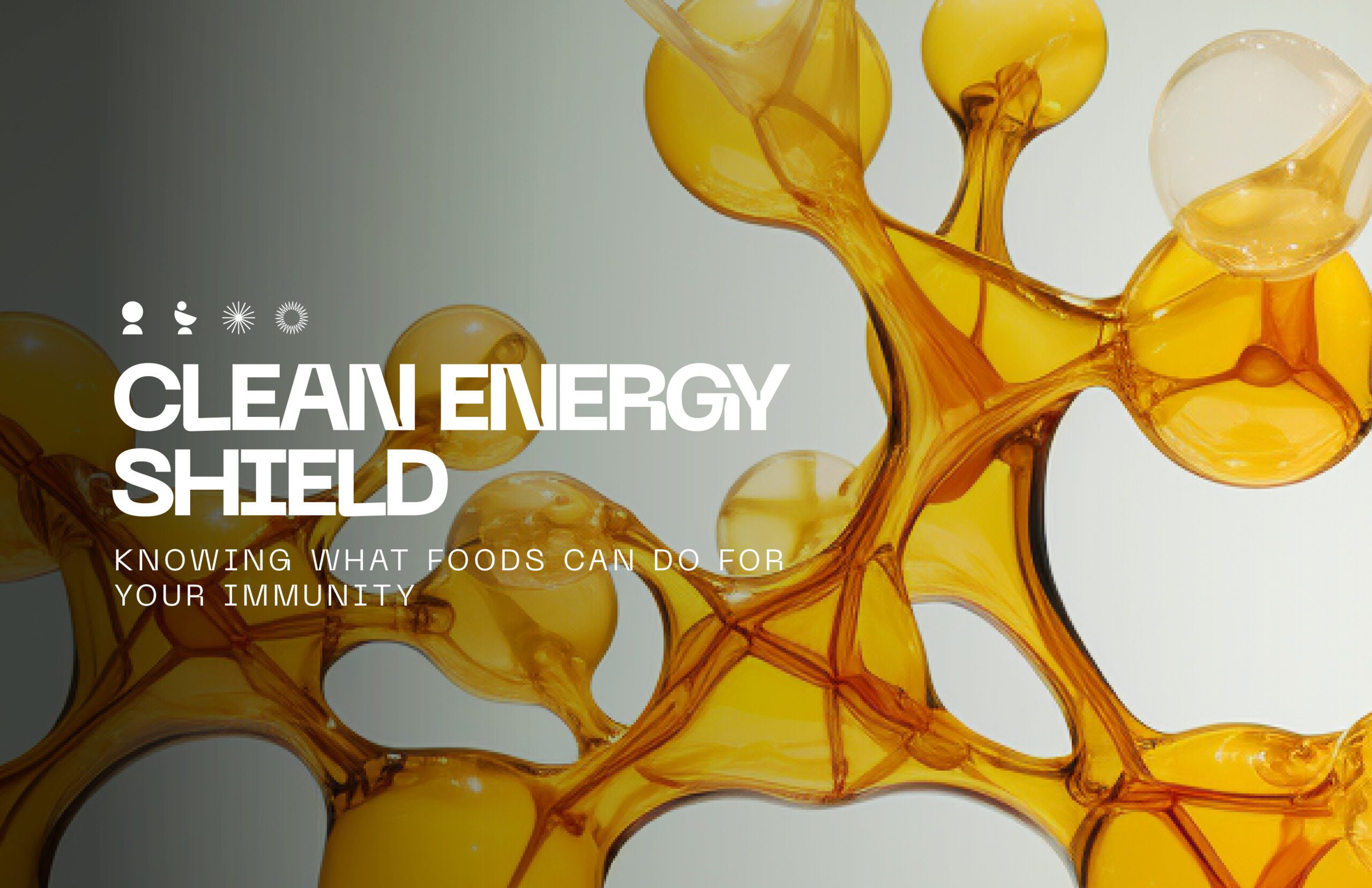Blog
Colds, Flu and Covid

Contents
Stay hydrated
Prioritize sleep
Exercise regularly
Incorporate IV therapy
Maintain a healthy diet
Reduce stress
Power up your immune system with LIVV Natural
Are cold and flu symptoms bogging you down? It’s crucial to keep your immune system strong as you go into the fall and winter months.
Maintaining a strong immune system is the key to protecting yourself from colds. It’s your best defense against serious symptoms.
How do you strengthen your immune system? Read on as we unpack our top tips to gear up for flu season and prevent yourself from getting the sniffles.
Stay hydrated
Your body is made up of around 70% water. It’s not surprising that you need adequate hydration to be healthy.
Water helps digest food, remove toxins, and deliver nutrients to cells. Dehydration leads to many physical problems. It makes it difficult to regulate body temperature and causes muscle spasms.
Lack of fluids also sucks the lubrication from your joints. It causes pain and affects flexibility. It affects every tissue, cell, and organ.
Optimal hydration also supports the immune system. Your body’s defense system relies on the bloodstream to carry nutrients and fluids. It also sends messages along biochemical pathways that warn of certain offenders.
The importance of water in strengthening your immune system lies in maintaining healthy blood. The bloodstream is responsible for communicating with your immune system. Blood plasma consists of 90% water.
Below are three other ways staying hydrated helps with colds and flu recovery.
Nutrient absorption
Water aids nutrient absorption in the bloodstream. It also helps with digestion. The fluid nature of water allows for easy absorption of nutrients in the body’s cells.
Vitamin C is a known protector against serious cold complications, like pneumonia. It’s also a water-soluble nutrient that needs adequate hydration to reach the cells.
Helps lymphatic system
Water is a key component of lymphatic fluid, which is a part of your immune system. This flowing substance contains special white blood cells known as lymphocytes. They remove toxins and impurities, including viruses and bacteria.
The lymphocytes work through the circulation of the lymphatic fluid. The lymph system is made up of around 96% water. Dehydration slows its function and hinders your body’s natural drainage.
Healthy mucous membranes
One of the hallmark cold or flu symptoms is a runny nose or sore throat. The mucous membranes act as a barrier against foreign invaders. They protect your nostrils, mouth, and throat by trapping particles in the mucus.
Adequate hydration helps your body make enough mucus. It protects your body from intruders. Your nasal passages become dry and ineffective if you don’t drink water.
When you’re sick, your body uses more water to help push out the toxin, bacteria, or viruses. Drink enough water to prevent a scratchy throat and dry nose.
Prioritize sleep
Sleep affects your mental and physical health. Resting releases proteins known as cytokines. Some cytokines help you sleep deeper. Others protect you from inflammation due to stress or infections.
Sleep deprivation causes a decrease in the production of cytokines. Lack of rest also affects the production of infection-fighting antibodies.
During sleep, some components of the immune system are amplified. The production of cytokines increases, and the immune defense gears up.
People with sleep disorders like insomnia are more prone to severe cold symptoms. Lack of sleep equals less infection-fighting antibodies and anti-inflammatory cytokines.
Sleep aids in strengthening the immune response. It may also boost immune memory. This effect helps the immune system remember, recognize, and react to harmful antigens.
Long-term lack of sleep can increase your risk for developing illnesses like diabetes. These ailments make you prone to a more severe case of the cold and flu.
During the COVID pandemic, diabetic patients had a risk of serious heart problems. Irregular and insufficient sleep causes glucose intolerance, leading to diabetes.
How much sleep do you need to keep your immune system in peak condition? The optimal amount of sleep for adults is 7–8 hours a night.
Don’t get carried away and sleep the day away. More than 9–10 hours of sleep won’t rev up your immune system. In fact, it’ll do the opposite.
Sleeping for long hours causes poor quality of rest and difficulty staying asleep. It may also increase cytokines to a large extent and trigger inflammation.
Towards the end of a sleep cycle, the immune cells migrate into the lymphoid organs. Viral pathogens tend to accumulate in these organs.
This migration is disrupted if you don’t get sufficient sleep. The cells won’t be able to engage with the viral pathogens and you could get a cold or flu.
Exercise regularly
Exercise is great for keeping in shape and uplifting your mood. Did you know it also strengthens your immune system?
Regular exercise can keep your immune system alert to potential perpetrators. The catch is that only certain workouts are beneficial for immune boosting.
Moderate to vigorous exercise for 60 minutes daily improves immune function. Be consistent in allowing your immune and metabolic systems to strengthen over time.
Prolonged high-intensity training may be good for marathon training and weight loss. However, it’s taxing on the immune system. Recovery time is essential for the body to regain its strength.
Let’s look at how exercise can help your immune system and protect you from cold and flu symptoms.
Stimulates cellular immunity
Trials show aerobic exercise at moderate to vigorous intensity for an average of 30–45 minutes increases the circulation of immune cells.
Exercise gets your blood pumping. It boosts circulation and stimulates cellular immunity. A wider distribution of immune cells helps you become more resistant to colds and flu. Your immune system will be better equipped to detect infections earlier.
Raises body temperature
All types of exercise raise your body temperature, whether it’s canoeing or dancing. A rise in body temperature may work similarly to a fever. It could prevent bacteria from growing. It may also help your immune system fight infections earlier.
Improves sleep quality
Exercise can help you get a higher quality of sleep. It can help you fall asleep faster and rest longer.
Poor sleep quality is linked to cardiovascular and metabolic disorders. It can make cold and flu symptoms worse. Avoid vigorous exercise close to bedtime. It can cause trouble falling and staying asleep.
Incorporate IV therapy
Intravenous (IV) treatments deliver nutrients and antioxidants directly to your bloodstream. This process allows your body to fully absorb the beneficial vitamins.
Free radicals and toxins build up over time and damage your cellular operations. IV therapy detoxifies by flushing out toxins and free radicals. It ensures peak immune function and protects you from colds.
Getting regular IVs every 3–4 months is essential to building immune function. It keeps your cells nourished when you’re ill. The vitamins and antioxidants can relieve mild flu symptoms within a few hours for some people.
Here’s how IV treatments support your immune system:
- Allow for almost 100% nutrient absorption, ensuring optimum bioavailability and improved immune function.
- Keeps the gut healthy, which is where 70% of the immune system works.
- Boosts antioxidant levels which fight off free radicals that destroy your cells.
- Delivers high-quality vitamins in large doses directly into the bloodstream.
- Helps the cells stay hydrated and communicate effectively with the immune system.
- Creates the optimal nutritional environment for cellular health and organ function.
- Aids detoxification and removes toxins and other damaging compounds that cause inflammation.
Our immune IV therapy consists of vitamin C, zinc, selenium, and glutathione. These compounds strengthen the immune system and help you fight off cold or flu symptoms.
Maintain a healthy diet
Nutrition is the key to maintaining a healthy body. All cells, including immune cells, require energy from food.
One of the best ways to keep your immune system strong and alert is to eat enough nutritious food.
Healthy foods give the body energy to fuel immune cells and create new ones. The macronutrients and micronutrients help your immune system in many ways, including:
- Work as antioxidants that fight off free radicals.
- Produce antibodies.
- Provide structure for immune cells.
- Encourage the growth and effectiveness of immune cells.
- Create white blood cells.
- Control immune cell responses.
- Reduce inflammation.
- Lower oxidative stress.
- Synthesize proteins and immune cell DNA.
- Repair damaged tissues.
- Heal damaged cells.
There isn’t one superfood that can give you all the nutrients you need. It’s important to eat a wide range of foods. Different nutrients have varying roles in keeping your immune system healthy.
Vitamin shots build a healthy immune system by giving you nutrients in just a split second.
Below are some important vitamins your immune system needs.
Vitamin C
You can find vitamin C in citrus fruits, leafy greens, and chia and pumpkin seeds. It’s also available in chilies, coconut milk, and tomatoes.
Vitamin C acts as an antioxidant and stimulates the growth of immune cells. It can help reduce cold or flu symptoms. Doctors recommended it during the COVID-19 pandemic to strengthen the immune system.
Folic acid
This vitamin is available in foods like legumes, bread, and eggs. It’s also present in a range of fruits and veggies, including broccoli and grapefruit.
Folic acid helps your immune system produce antibodies. It also synthesizes immune cell DNA and protein.
Vitamin A
Vitamin A has powerful antioxidant properties. It regulates immune responses and encourages the production of white blood cells.
You can find vitamin A in vegetables like carrots, pumpkin, and lettuce. It’s also in orange or red fruits, including watermelon, papaya, and cantaloupe.
Protein
Meat, poultry, seafood, and eggs are the most powerful protein-packed foods. It’s also available in tofu, beans, and dairy.
Protein helps with the formation of antibodies and repairs damaged cells and tissues. It also stimulates the production of immune cells.
Reduce stress
Chronic stress disturbs the homeostatic equilibrium in the body. It affects the efficiency of bodily functions. Over time, high stress levels disrupt the central nervous system (CNS).
The CNS has a reciprocal relationship with the immune system. Fluctuations in the nervous system cause changes in the immune function.
Chronic stress may suppress cytokines. It could increase your risk for certain types of cancer.
Some stress is good for you. It motivates and creates an inflammatory response that kills germs. Long-term or high levels of stress release higher-than-normal levels of cortisol.
Abnormally high cortisol levels reduce the body’s natural potential to lower inflammation. It also drops the number of lymphocytes. It affects your immune system’s ability to fight bacteria and viruses.
Prolonged stress increases inflammation and may cause a widespread inflammatory response. This effect may lead to chronic disease. It can also cause a buildup of plaque, making you prone to heart disease.
Here are some methods to reduce stress and increase your chances of fighting off colds and flu:
- Exercise regularly for the stress-busting endorphins.
- Meditate every day.
- Socialize regularly and laugh with friends and family.
- Give yoga a try.
- Keep a gratitude journal.
- Enjoy creative outlets.
Power up your immune system with LIVV Natural
There’s always a case of colds and flu going around. It’s vital to amp up your efforts for a strong immune system.
Exercising, reducing stress, and following a healthy diet are some of the best ways to boost your immunity. Prioritize your sleep, stay hydrated, and consider IV therapy for enhanced results.
Book an appointment with LIVV Natural to discuss an action plan that will strengthen your immune system. Protect yourself this flu season.
Author: Dr. Jason Phan NMD – Founder of LIVV Natural – Anti-aging – regenerative medicine – peptide therapy


